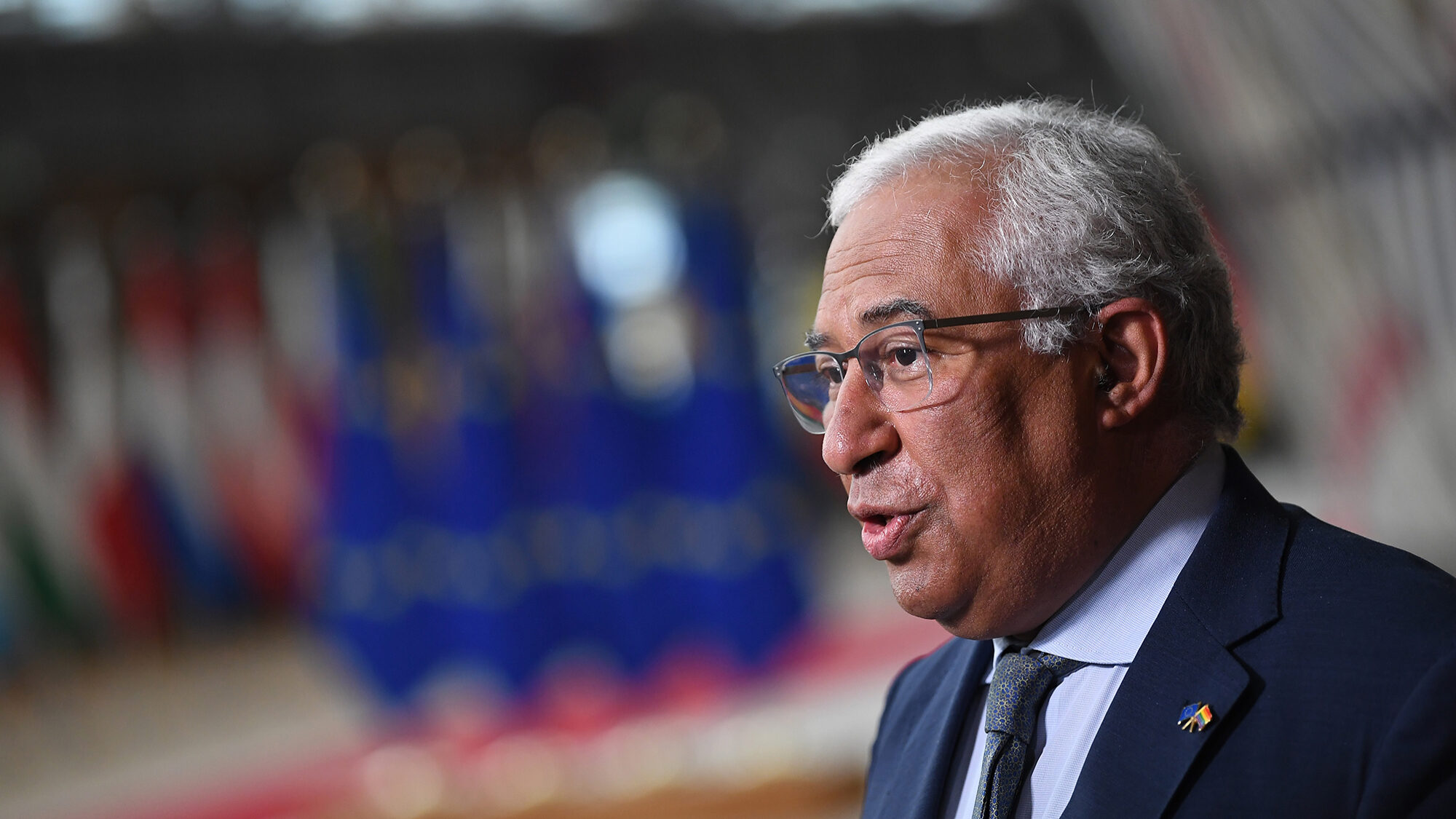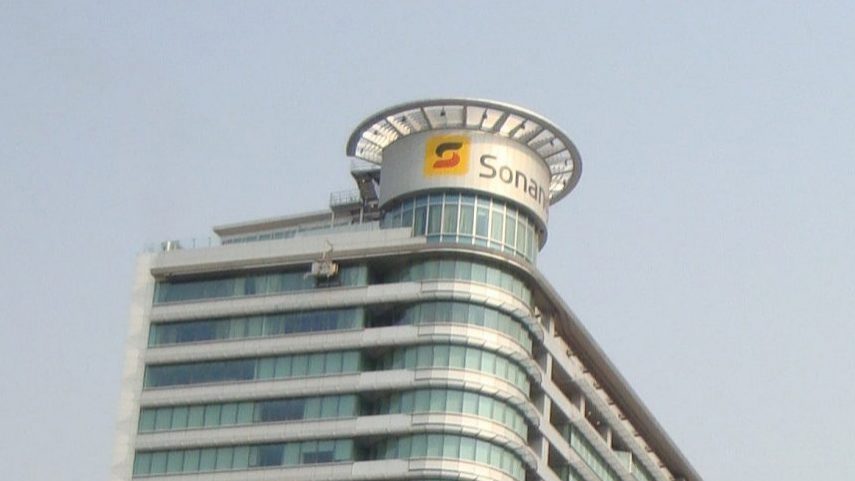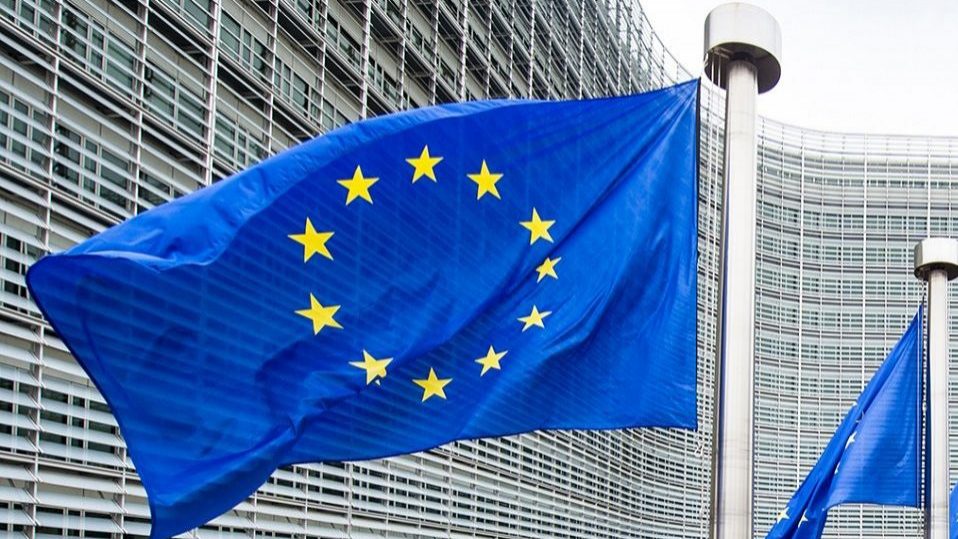Portugal climbs one position in anti-corruption index
Portugal occupies the 32nd position tied with South Korea, with 62 points on a scale of 100, below the EU average, which is 64 points.
Portugal improves one position in Transparency International’s Corruption Perceptions Index 2021, which points the finger at an anti-corruption strategy that leaves out political power and the Bank of Portugal.
For the Portuguese representation of the international organisation, the existence, “well or badly”, of a national strategy to fight corruption may even be the explanation for Portugal having improved one place, from 33rd to 32nd in the annual index, but it may also be the explanation for not having improved more and having maintained a trend of stagnation in the last decade.
“Good or bad, we have a strategy. Obviously, despite the Government’s effort in creating this strategy, the impact has not been as strong, precisely because the strategy is not very ambitious and is not applicable to the sovereign bodies and, therefore, does not touch those that are the fundamental institutions for democracy and for the fight against corruption,” the president of Transparency International Portugal, Susana Coroado, told Lusa.
“Political corruption is left out, high positions are left out and this does not convey an image of good leadership, of leadership by example and, on the other hand, it ends up leaving out problematic areas when it comes to preventing corruption,” she added.
Rather than repression, which Susana Coroado considers to be the main way to combat corruption in Portugal, through legislation, she argues that the focus should be on prevention, improving the management of conflicts of interest, risk detection and the availability of information by public institutions, thus facilitating greater participation of civil society in decision-making and monitoring.
Supervision is a recurrent failure due to the lack of public resources for this purpose but it can be minimised with greater transparency that allows greater access to the media and will be an important issue in the application of European funds from the Recovery and Resilience Programme (RRP).
“The risks of misuse of funds, of embezzlement of funds, of influences moving in to improperly capture the distribution of funds, it is essential to have these preventive measures right at the outset,” she said.
Susana Coroado considers “positive” the recovery of one place in the index in relation to the previous year, in which Portugal recorded the worst position ever, but believes it is “a reduced recovery”.
Portugal occupies the 32nd position tied with South Korea, with 62 points on a scale of 100, below the EU average, which is 64 points. Transparency International’s 2021 index is led by Denmark and New Zealand with 88 points, the same as Finland. At the bottom are Syria and Somalia with 13 points and South Sudan with 11.
“Looking at what has been Portugal’s score over the last 10 years, [it] shows a worrying stagnation, even taking into consideration that corruption has been one of the biggest concerns of citizens. The public powers need to do more to respond to the concerns of citizens and the needs of the democratic regime”, she argued.
According to the 2021 Corruption Perceptions Index, the picture in the EU is one of stagnation, pointing out risks and dangers for the future and giving examples of countries where the rule of law is in decline, such as Hungary and Poland, where the judiciary is increasingly controlled by the political powers and where the distribution of support funds has been done in a “non-transparent” way, benefiting companies and local authorities close to the government.
For Susana Coroado, “the trend towards stagnation in Europe is very worrying”, because we are witnessing “a trend towards retraction of the rule of law, retraction of democratic values and institutions. Corruption is one of the main factors in the corrosion of these institutions and the confidence of citizens”.
“As we are inserted in this broth of stagnation within the EU, I fear that our leaders will feel less compelled to improve the fight and prevention of corruption, because they look away and also do not see great measures being taken,” she added, reiterating the importance of leadership by example, admitting that there is a risk of “levelling down” when the demands of the countries that occupied the top places begin to fall.
“The Corruption Perceptions Index shows that corruption levels remain virtually unchanged worldwide, with 86% of countries reporting little or no progress in fighting corruption over the past 10 years, indicating stagnating government efforts to tackle the root causes of corruption. More than two thirds of the countries have a score below 50”.
Created in 1995, the Corruption Perception Index (CPI) analyses “the levels of corruption in the public sector of 180 countries and territories, scoring them from 0 (perceived as very corrupt) to 100 (very transparent)”.
The Community of Portuguese Language Countries (CPLP) “continues to demonstrate enormous weaknesses, with clear problems of corruption in the public sector”. Only São Tomé and Príncipe has worsened its position in the Index and, with the exception of Portugal and Cabo Verde, all the other countries in the community have a score below 50.


